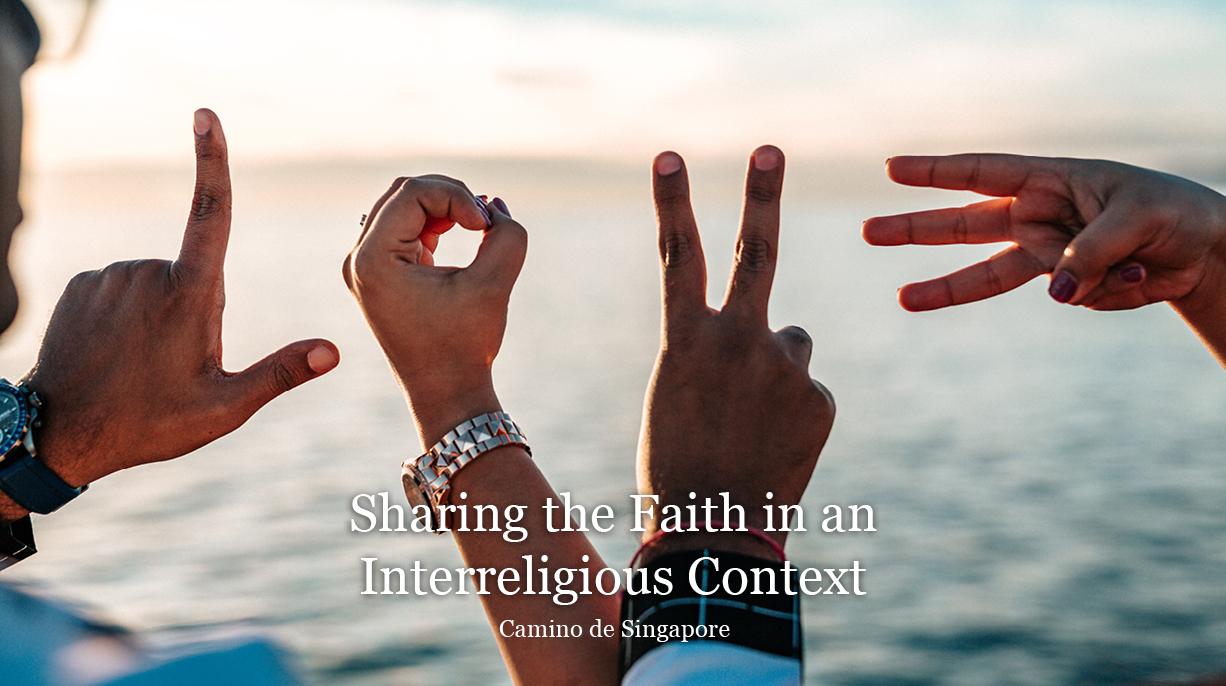No products in the cart.

Photo by https://unsplash.com/@jtylernix
Today as I begin to write this, it is Hari Raya Haji — a public holiday when Muslims around the world commemorate Abraham’s acquiescence in offering his son to God, a significant event that can be found in the Scriptures of Muslims, Jews, and Christians alike. This celebration is a reminder for Muslims to put their faith and trust in God by being willing to make the ultimate sacrifice for God.
Although I am Catholic, the faith of Islam and its holy days and celebrations will always have special meaning for me. During the early days of my social work career, I was the only non-Muslim member of a team of five social service professionals. My colleagues prayed five times per day and strictly adhered to the tenets of their faith.
As I had never been a member of an all-Muslim team before, my innate curiosity quickly surfaced. I wanted to know their recommendations for finding delicious halal food, the nature of their prayers and rituals, and how they experienced their faith. I fasted with them during the Ramadhan out of respect and solidarity. I also gave zakat (charitable donations) to the poor and needy. In the evenings, we tuned into Warna radio to wait for the signal that we may break our fast. We did this together for four years.
When I first joined the team, my colleagues looked for private rooms or discrete spaces in the office to pray during the workday. By the time I left the team, my colleagues felt comfortable enough to pray in the main office area. Then, I would try my best not to face them or observe them whilst they prayed so as to give them privacy.
During my final year and a half with the team, I began taking catechism classes at a parish on Tuesday evenings. They were sometimes online or on-site, depending on the participants’ availability. My colleagues were curious about my ‘religious classes’ as I called them. They wanted to know more. So I shared with them the concepts of the Catholic Social Teachings, service, sacrifice, humility, grief, loss, and the resurrection. My colleagues, in turn, shared stories about their faith — we focused on similarities and never pointed out nor debated differences.
They became so used to my weekly evening classes that they felt the need to remind me to attend them each Tuesday evening. On Wednesday morning, if there was time, they would ask me what I had learned the night before.
On my last day of work with the team, one of my colleagues pulled me aside and told me, “Thank you for sharing about your faith with us, and thank you for your eagerness to know more about our faith.” He then added, “Our conversations remind me to turn to God.”
If we are to realise the vision that President Halimah Yacob has in her Racial Harmony Day message, that our diversity here in Singapore is a strength, we need to be more interested and respectful of the traditions of others. We can start with our colleagues or with people in our respective communities. The fruit of such dialogues can be surprising, insightful, and beautiful. My colleagues and I can attest to that.
Robert Pollack is a social worker. He celebrates the dignity of his clients and is committed to collaborating with them to lead their best lives. In his spare time, he enjoys volunteering in support of social causes.
